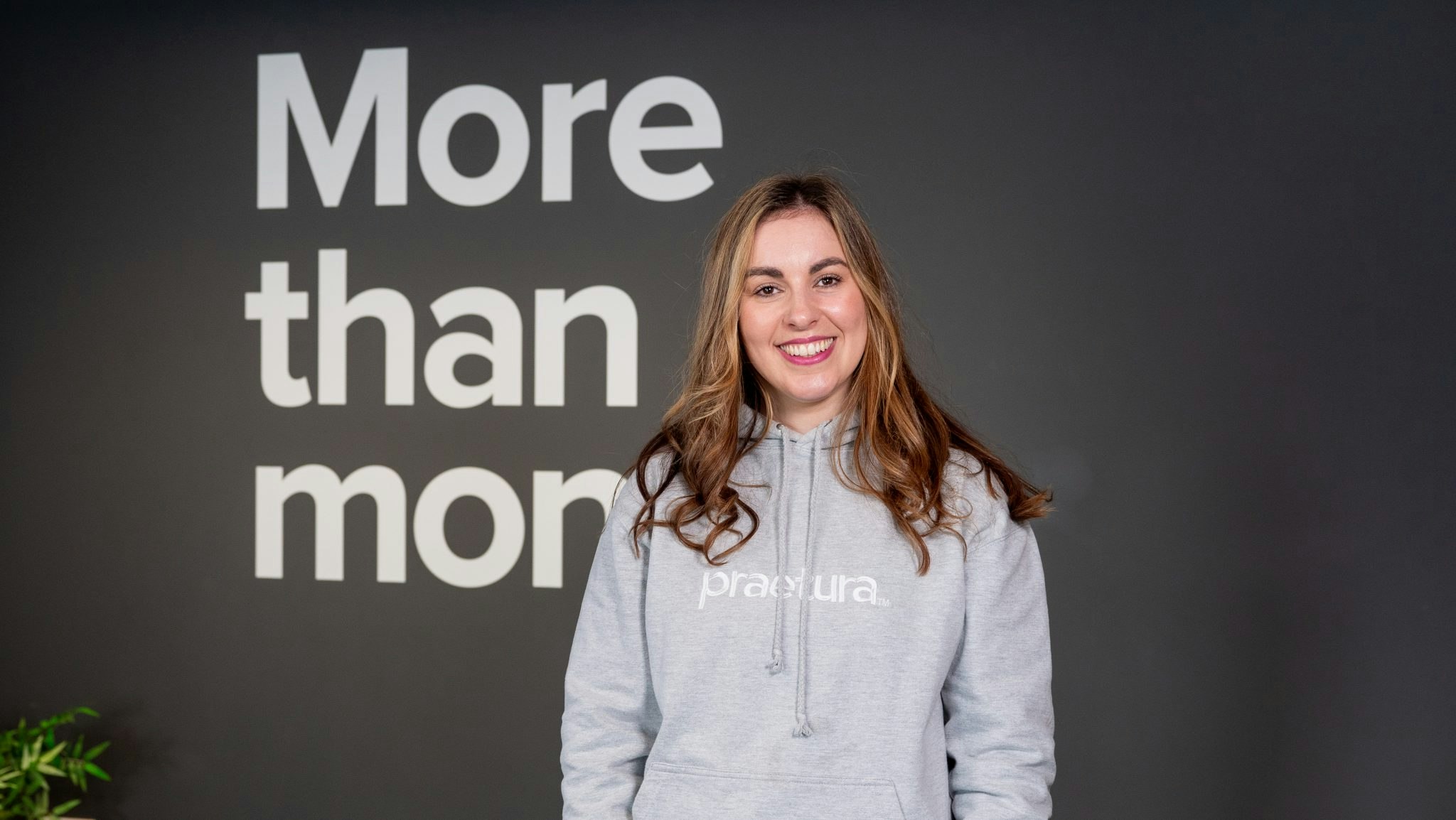I imagine it's quite daunting to be an entrepreneur right now. You look at the slew of headlines in the last year or so and they paint a bleak picture of the state of tech startups and VC funding; to be clear, challenges remain. Persistently high interest rates have made VCs more risk-averse and selective, while many startups continue to struggle to raise money as funding levels have dropped in the last year.
But entrepreneurs start companies in every environment — and I recently found myself in a big room full of them. Last week, I attended the START Summit with a bunch of students and young founders (and founder hopefuls) in St. Gallen, Switzerland. Complete with a unicorn statue that faithful Sifted readers might remember from last year's summit, the mood of the conference seemed cautiously optimistic.
I took the chance on stage to ask a few German VCs — Judith Dada, partner at General Catalyst/La Famiglia, Alex Schmitt, partner at Lightspeed Venture Partners and Rainer Märkle, general partner at HV Capital — what advice they had for founders trying to raise in these difficult times, and what they should be aware of considering the bar to write that cheque is higher.
Schmitt advises founders starting companies not to get bogged down: it'll likely be a good number of years before you sell your business — and probably in a very different market to today. "While it's important to understand the environment that you're in, you're building now for something in the future, which will change anyway,” he says.
Still, today’s market will certainly affect your deal terms and valuation. You’d be advised not to go for the absolute minimum dilution by trying to get “some crazy valuation,” says Dada, adding that founders should anticipate parting with 15% to 25% of their company in typical (read: not crazy-competitive) rounds. And unless you’re building a hyped AI company, you shouldn’t expect to get 20 term sheets. But one thing you should expect, especially in early funding rounds, is a “clean” term sheet without onerous veto voting rights or multiple liquidation preferences, the VCs say.
It’s also not so easy anymore to get customers for your product, as company budgets have been slashed. But if you do have some buyers lined up, “traction is something that’s really gold, and it helps you massively in your fundraise,” says Schmitt. The VCs say that having a roster of customers means more now than it did in 2021.
In general, Schmitt urges founders to “account for more time, account for more runway” when raising money. The time to raise a Series B round, for instance, has grown by 85%, according to recent Carta data.
Founders shouldn’t “get distracted by good news, bad news,” Märkle adds. “Navigate, pivot, change, adapt, but focus on finding a real solution. All the rest — the funding rounds, the valuations, your partners, at some point the exit — will then strictly be a result.”
To be sure, it all sounds pretty upbeat. Märkle even jokes that “every year you come to the stage and you say, 'Actually, this year is the very best time to fund a company and start a company'. But actually [in] '24, it's really true.”
We’re not out of the woods yet though, and the reality is that fundraising, by and large, is still a challenge for many startups. Meanwhile, companies around the world are defaulting on their debt at the fastest rate since the financial crisis, while European startups are also reportedly increasingly turning to more complex debt raises amid the lack of capital.
But there are some early green shoots in the fundraising market, and VCs tell me they’re getting busier this spring. For the sake of new founders raising money right now, we can only hope that Märkle’s prediction is true: That 2024 really is the best time to start a company. Time, of course, will tell.
This article first appeared in Sifted's Daily newsletter, sign up here.


